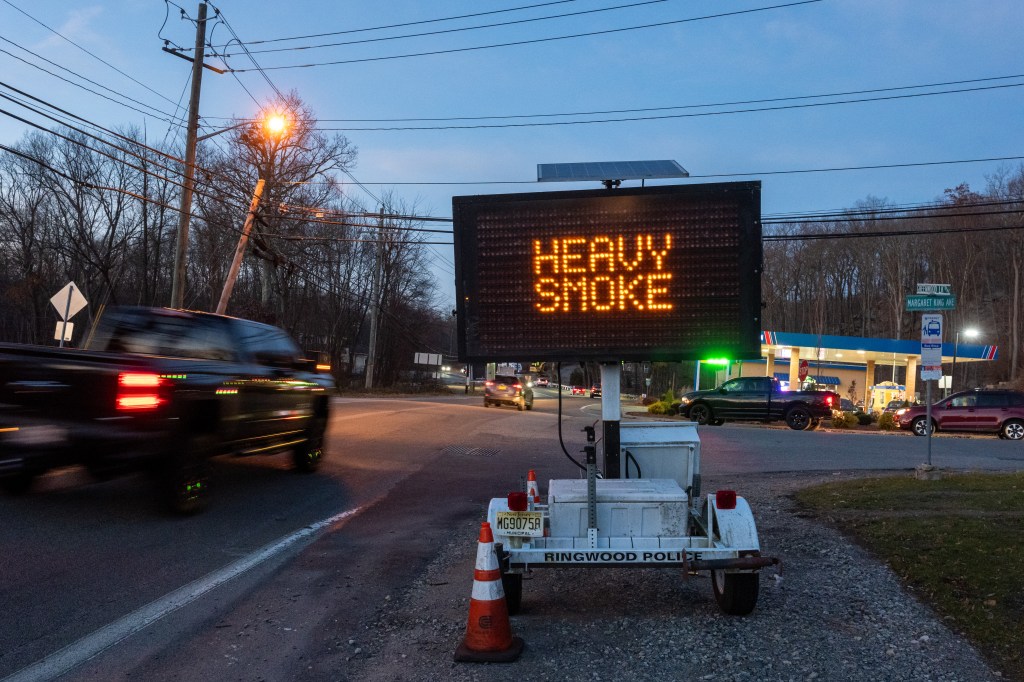Developments in the ESG realm don’t slow down for elections, even if everyone interested in this broadly encompassing arena holds their breath for what environmental, social and governance commitments by companies and rulemaking by authorities will be undertaken in 2025 and beyond.
Let’s look at some recent developments, which still signal ongoing interest and commitment in environmental, social and corporate governance (ESG) standards and reporting but, yes, in continuing litigation as well.
Climate disclosure is now a business necessity
Amid a recent backlash against ESG initiatives, and as clean-energy stocks have slumped this year, concerns are growing over how important climate and sustainability reporting has become to companies. “Greenhushing,” the idea of companies pursuing climate plans without formally announcing them, has become a common practice, because the businesses fear being called out for greenwashing or targeted by conservative activists.
But, according to Carbon Disclosure Project (CDP) Chief Executive Sherry Madera, these doubts should be put aside.
She spoke to the WSJ on the sidelines of the COP29 event happening right now in Baku, Azerbaijan, to offer up a compelling quote about the effect of the US elections on climate-related initiatives by businesses.
“Climate change doesn’t start and stop with elections – and neither does climate action. Leading companies aren’t waiting to be told what to do; they’re already disclosing climate data because they know transparency equals opportunity. With 86% of the S&P 500 now voluntarily disclosing, it’s clear: US companies aspiring to be global leaders understand that climate action is no longer optional – it’s a necessity.
“Regardless of shifting political landscapes, the competitive advantage is undeniable: those who act now will secure access to capital, reduce risks and lead in efficiency. The future isn’t just about compliance; it’s about staying ahead in a global economy where sustainability defines success,” she said.
“With 86% of the S&P 500 now voluntarily disclosing, it’s clear: US companies aspiring to be global leaders understand that climate action is no longer optional – it’s a necessity.”
Sherry Madera, chief executive, CDP
Lack of reporting climate-related impact in financial statements
Companies globally are only incrementally improving the quality of their climate-related disclosures, with only around a third referencing climate-related financial impact on their financial statements, and nearly 60% not yet disclosing transition plans, according to a new study released by the global audit and assurance firm EY.
The study also found that to date, most companies’ climate action strategies are focused primarily on reducing emissions from their use of energy, or Scope 2, rather than on addressing the substantially greater climate impact of their broader supply chains.
While the study found that climate-related reporting coverage has reached 94%, with nearly all companies disclosing at least some information on all Task Force on Climate-Related Disclosures recommendations, only 36% referenced the financial risks of climate change, including physical and transition risks, on their financial statements.
California’s climate disclosure bills survive legal challenge
A federal judge refused to halt enforcement of California’s climate disclosure bills last week, despite a legal challenge put forward by the US Chamber of Commerce and other business groups that alleges the bills violate First Amendment rights against compelled speech.
In his November 5 ruling, US District Judge Otis Wright II denied the plaintiffs’ motion for summary judgment, noting the court required more information and “further development of the facts” to determine whether the climate disclosure rules, Senate Bills 253 and 261 (both approved and signed by Governor Gavin Newsom), amount to compelled speech and are unconstitutional.
Although Wright’s decision allows the state’s carbon emissions disclosure requirements to proceed as planned for now, his ruling granted the plaintiffs leave to file another request for summary judgment.
Judge Wright confirmed that the First Amendment applies to both climate bills and that “there can be no dispute that the primary effect – and purpose – of SBs 253 and 261 is to compel speech.”
But what level of scrutiny applies to the judicial analysis, which can better be determined with details on whether SB 253 and SB 261 regulate a substantial number of companies that do not make potentially misleading environmental claims, the judge said.
Electricity demands from data centers still climbing
According to data compiled by S&P Global, electric utilities predict annual electricity demand from data centers in the US will rise from 185 tera-watt hours (TWh) in 2023 to 440 TWh in 2035.
That’s an additional 250 TWh of annual electricity demand added over the next decade, which is almost equivalent to the amount of electricity the entire state of California used in 2022.
Increased demand for electricity from data centers is one of the leading drivers of a coming surge in energy demand, breaking America’s nearly two-decade streak of keeping demand stable. Data centers currently make up 3% of America’s energy demand, but it is expected to rise to 8% by 2030, thanks to the data processing needs of artificial intelligence (AI).
Why?
First, consider that the power demand of AI is that such that a search on ChatGPT requires 10 times as much power as a normal Google search.
And one large data center can require as much as a gigawatt of power to operate, the same amount of energy it takes to power about 876,000 typical households for a year.
Shell wins appeal on slashing emissions
A Dutch appeals court recently issued a ruling in Shell’s favor, reversing a landmark 2021 ruling holding the global energy company responsible for greenhouse gas (GHG) emissions resulting from its customers’ use of its products, and ordering the company to dramatically reduce emissions by the end of the decade.
The case, initially brought by Friends of the Earth Netherlands, argued that Shell was in breach of its legal duty of care due to its impact on climate change, and that the company was undermining the ambitions of the Paris Agreement to limit average temperature rise to well below 2˚C, and to pursue efforts to limit to 1.5˚C.
In its 2021 ruling, the court ordered Shell to slash emissions by 45% by 2030, on a 2019 basis, encompassing its Scope 1, 2 and 3 emissions, which would include those resulting from the use of its products by customers. Scope 3 emissions represent more than 95% of the company’s carbon footprint, with “use of sold products” accounting for approximately 74%.
Appeal proceedings began earlier this year, with Shell arguing that Dutch law does not include an obligation for companies to reduce emissions by 45% by 2030, and that the target exceeded the most ambitious sector-specific policy paths. It argued that it should not be held responsible for its customers’ emissions, and also warned that the case could ultimately harm the Dutch economy by encouraging similar actions against other companies, forcing them to sell or reduce operations.
In its ruling the court acknowledged that “companies like Shell, which contribute significantly to the climate problem and have it within their power to contribute to combating it, have an obligation to limit CO2 emissions in order to counter dangerous climate change.”
Despite noting Shell’s obligation to cut emissions, however, the court found that sufficient scientific evidence does not currently exist to support a specific emissions reduction requirement such as the 45% ruling.
The ruling follows a series of changes announced by Shell earlier this year to its energy transition strategy under its new CEO. While the new strategy included the company’s target to reduce emissions from the use of its oil products, and maintained Shell’s 2050 net zero goal and cut Scope 1 and 2 emissions in half, it also eliminated a 2035 emissions intensity goal, and revised down its interim 2030 intensity reduction goal to 15% to 20%, from its prior 20% target.
Agreement at COP29 on global carbon market
Delegates at the UN Climate Change Conference (COP29) achieved an important breakthrough on the first day of the event in Baku, Azerbaijan, reaching consensus on standards for the creation of carbon credits under the Paris Agreement, which was needed to to advance the establishment and growth of a global carbon market.
The consensus will help develop and approve methodologies for cutting carbon usage, establish a market-based system for carbon credits, register activities, and accredit third-party verification bodies.
This consensus will establish an international carbon credit market and should reduce the cost of implementing national climate plans by $250 billion per year by enabling cooperation across borders, leaders at the event stated.















